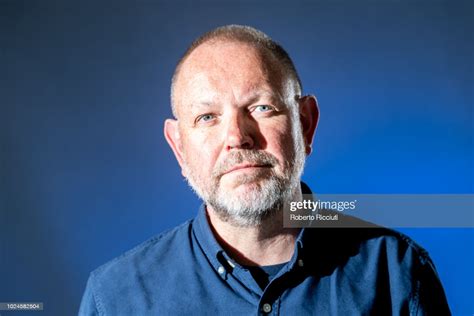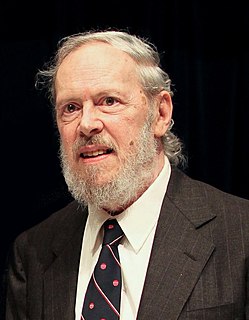A Quote by Francis Spufford
There have been low moments before, but Christianity is an incredibly adaptable organism, using different parts of its repertoire to mutate into new ecological niches, yet preserving intact its story of grace, of love improbably triumphant.
Related Quotes
It has been said that in the New Testament doctrine is grace; and ethics is gratitude; and something is wrong with any form of Christianity in which, experimentally and practically, this saying is not being verified. Those who suppose that the doctrine of God's grace tends to encourage moral laxity are simply showing that, in the most literal sense, they do not know what they are talking about. For love awakens love in return; and love, once awakened, desires to give pleasure.
Christ, how did you ever get this screwed up! his mind demanded of him. He knew the answer, but even that was not a full explanation. Different segments of the organism called John Terrance Kelly knew different parts of the whole story, but somehow they'd never all come together, leaving the separate fragments of what had ...once been a tough, smart, decisive and to blunder about in confusion - and despair! There was a happy thought.
There can be no sexual love without lust; but, on the other hand, until the currents of lust in the organism have been irradiatedas to affect other parts of the psychic organism--at the least the affections and the social feelings--it is not yet sexual love. Lust, the specific sexual impulse, is indeed the primary and essential element in this synthesis, for it alone is adequate to the end of reproduction, not only in animals but in men. But it is not until lust is expanded and irradiated that it develops into the exquisite and enthralling flower of love.
The new paradigm may be called a holistic world view, seeing the world as an integrated whole rather than a dissociated collection of parts. It may also be called an ecological view, if the term "ecological" is used in a much broader and deeper sense than usual. Deep ecological awareness recognizes the fundamental interdependence of all phenomena and the fact that, as individuals and societies we are all embedded in (and ultimately dependent on) the cyclical process of nature.
We [human beings] are two-legged omnivorous animals, and this means that we have many ecological niches, regarding the possible places where we can live. Therefore, we have to adapt to these different environments and we cannot predict, in a generic way, in which type of world we are going to live (cold as the North Pole or hot as Congo).
Science arouses a soaring sense of wonder. But so does pseudoscience. Sparse and poor popularizations of science abandon ecological niches that pseudoscience promptly fills. If it were widely understood that claims to knowledge require adequate evidence before they can be accepted, there would be no room for pseudoscience.
I have been trying to think of the earth as a kind of organism, but it is no go. I cannot think of it this way. It is too big, too complex, with too many working parts lacking visible connections. The other night, driving through a hilly, wooded part of southern New England, I wondered about this. If not like an organism, what is it like, what is it most like? Then, satisfactorily for that moment, it came to me: it is most like a single cell
Vampires as creatures have evolved over time as different vampire bloodlines have hit different populations of humans. Every once in a while the blood will make something new and mutate into a new species with different powers, abilities, weakness, physical characteristics, and so on. I don't want to give anything away, but there are whole species and branches that date all the way back to pre-modern times.



































